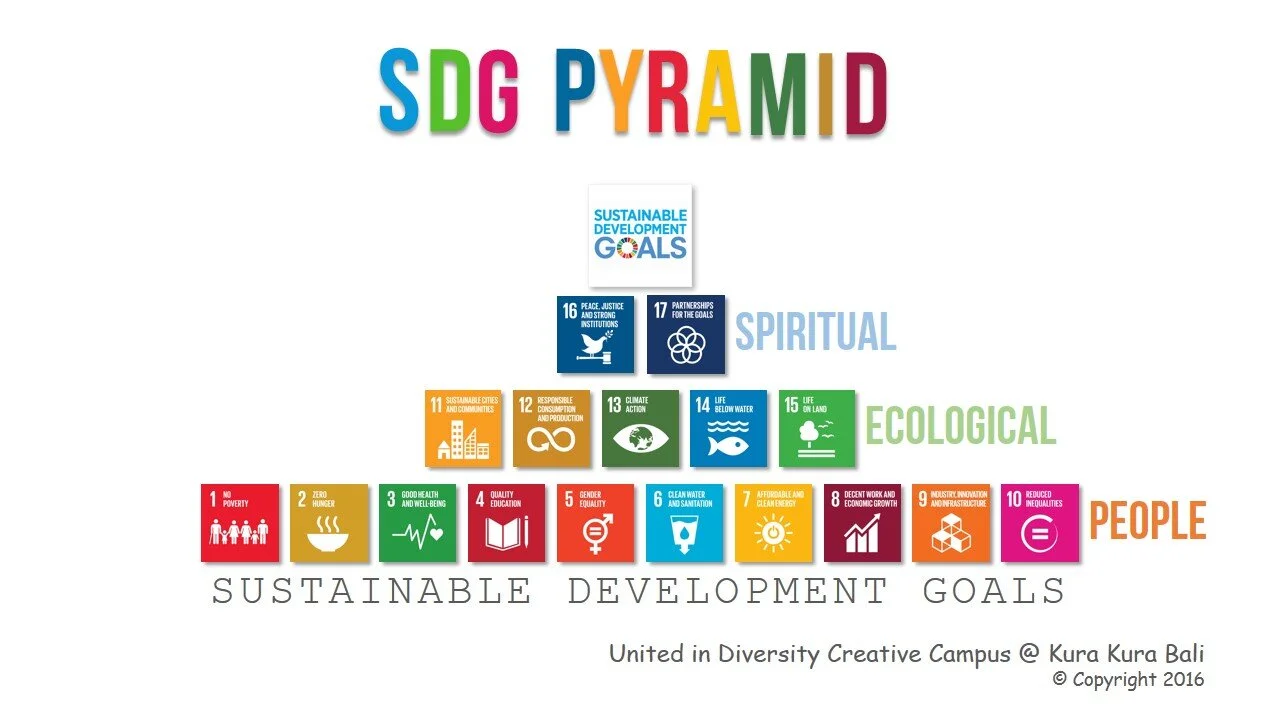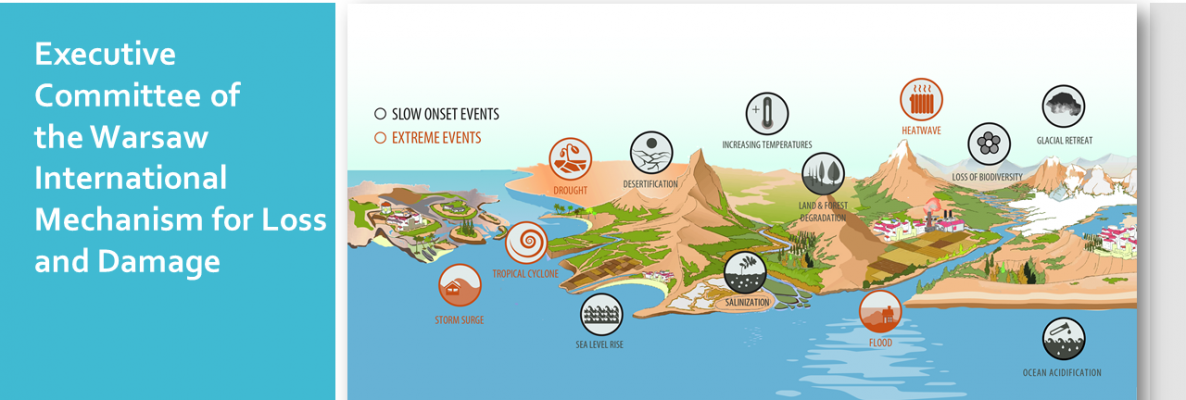Social Science & Future Climate Research
MethodSpace is following and sharing news from the UN Bonn Climate Conference, now underway. We are particularly focused on the opportunities and implications for researchers and educators– and our students. To that end, we are interested in the upcoming launch of the Universities Network for Climate Change. This series of posts includes background information as well as live feeds from the conference.
Where are social scientists needed to study the human and societal dimensions of climate change Research underpins the activities and initiatives being discussed at the UN Bonn Climate Conference. What are the role(s) for social science research in studying implementation of the cross-cutting, interdisciplinary Sustainable Development Goals? How are social scientists contributing, what can we do?
Recommendations that came out of a May 5 Bonn conference workshop include:
suggestions to place climate issues in school curricula, to bridging environment and other ministries with education ministries, to suggestions for building education and public participation concerns more solidly into the planning and reporting requirements of governments cooperating in the international response to climate change.Under the UN Framework Convention on Climate Change, countries recognized the critical importance of education, training, public awareness, public participation, public access to information and international cooperation to the success in tackling climate change, together called Action for Climate Empowerment (ACE).
ACE resources and initiatives are underway in key areas. As highlighted in a previous post, the conference website includes links to a wide range of materials, organized by topic. I reviewed these resources to uncover ways social science research is needed to understand and address climate change and economic, social, cultural, educational implications. Here are just a few; feel free to add social research priorities or links in the comment area.The World Climate Research Programme (WCRP) points to the questions about relationships between climate science and societies:
The same fundamental climate science that underpinned past achievements must now also support new societal needs related to, among others, wise mitigation and adaptation choices in a changing world. WCRP is at a critical juncture, where new pathways must be forged to enable climate science that will serve society through the 21st Century.
WCRP's overarching objectives include: "connecting climate science with policy and services." In addition to researching biophysical climate variables, WCRP points to the importance of research and evaluation on human behavior and socioeconomic variables.Climate change is causing loss and damage throughout the world. The Warsaw International Mechanism for Loss and Damage associated with Climate Change Impacts, formed in 2013, promotes "the implementation of approaches to address loss and damage in a comprehensive, integrated and coherent manner." The Warsaw International Mechanism has a particular concern for the impact being experienced in developing countries that are "vulnerable to the adverse effects of climate change." This mechanism also has objectives that fall within a social science purview:
Enhancing knowledge and understanding of comprehensive risk management approaches;
Strengthening dialogue, coordination, coherence and synergies among relevant stakeholders;
Enhancing action and support, including finance, technology and capacity–building.
See the detailed work plan here.Capacity-building at the individual, institutional, and systemic levels is essential to achievement of the the Sustainable Development Goals.
Addressing climate change in a sustainable way requires considerable efforts, and not all countries have the capacity—the knowledge, the tools, the public support, the scientific expertise and the political know-how—to do so. Capacity-building is about enhancing the ability of individuals, organizations and institutions in developing countries and in countries with economies in transition to identify, plan and implement ways to mitigate and adapt to climate change.
Learn more about the The Capacity-Building Portal includes an interactive map that allows you to look at projects underway in progress in countries or regions.
Social Scientists are essential!
Ziyad Marar, global publishing director observed that "there is an urgent need for social scientists to demonstrate the value of their research and the power of their expertise for addressing the local and international challenges of our age." The inter-related issues associated with climate change are undoubtedly some of the most critical concerns of our time. Let's look for ways to integrate these research needs into our work as scholars and teachers.


